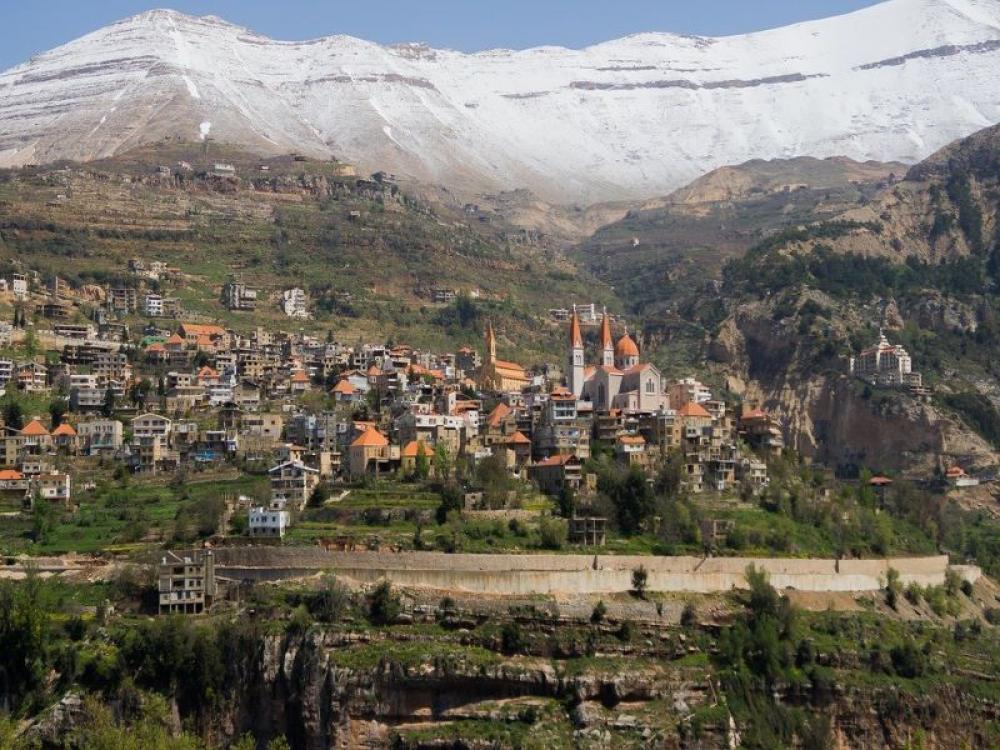Just Earth News | @justearthnews | 10 Jul 2021

Image Credit: Pixabay
Beirut: Days after Lebanese Prime Minister Hassan Diab's appeal for immediate help to save his country from looming "social explosion", two main power plants in Lebanon stopped working, plunging several areas into complete darkness.
Lebanon's two biggest power stations, Deir Ammar and Zahrani - which together make up for 40 per cent of the country's electricity - shut down on Friday, their owner Electricite Du Liban (EDL) said, reported BBC.
According to the report, the shutdown occurred as the power plants ran out of fuel over non-payment of bills to overseas suppliers due to lack of foreign exchange. Lebanon hasn't had 24/7 electricity connection for decades and blackouts are not uncommon in the financially beleaguered state, said the BBC report.
The report said ships that brought gas oil refused to offload the fuel demanding money transferred to their owners' accounts in dollars.
Until now people filled the gaps in electric supply with private generators. But Friday, the entire grid went offline.
As diesel is hard to get and very expensive, private generators are not likely to run. Moreover, it is impossible to replace state electricity with private generators.
Background
The country has been without a permanent elected government since August 2020 when Diab had to resign following the catastrophic Beirut blast as sectarian politicians have been unable to agree on a new government.
Lebanon is facing an acute economic crisis over the past 18 months, and its currency - the Lebanese Pound - eroded 90 per cent of its value while 77 per cent of households are without enough food.
Diab also said that only a new government can start talks with the International Monetary Fund (IMF) as the recovery plan laid out by the current Cabinet may not be endorsed by the next government.
The disagreement between Lebanon's leaders, preventing the formation of a government, is to be blamed for the political and economic crisis and some could face sanctions if they continue to obstruct steps to form a new government and implement reform, the European Union's foreign policy chief told them last month, Reuters reported.
"I am calling on kings, princes, presidents and leaders of our friendly countries, and I am calling on the United Nations and all international organizations ... to help rescue Lebanon from its demise," Diab told the ambassadors, quoted CNN.
Diab said that the "siege imposed" on Lebanon was not affecting the corrupt in an apparent reference to the politicians.
He said Lebanese were losing patience and "linking Lebanon's assistance to the formation of a new government has become a threat to the lives of the Lebanese and to the Lebanese entity."